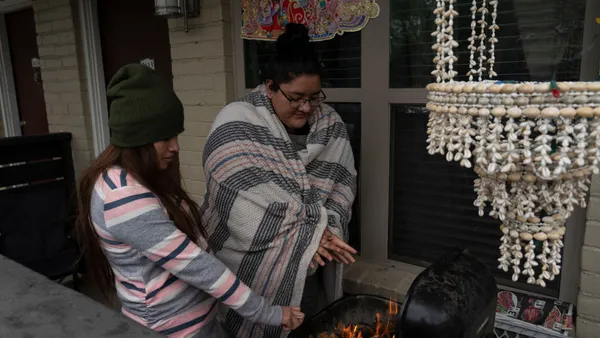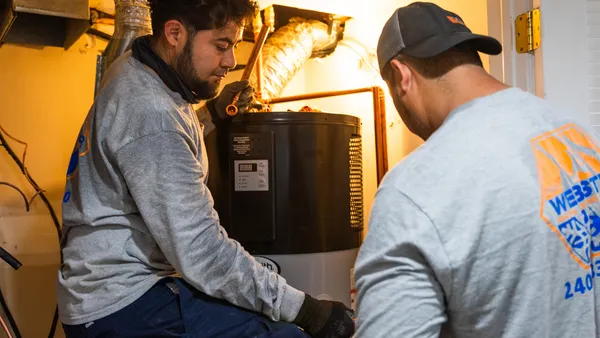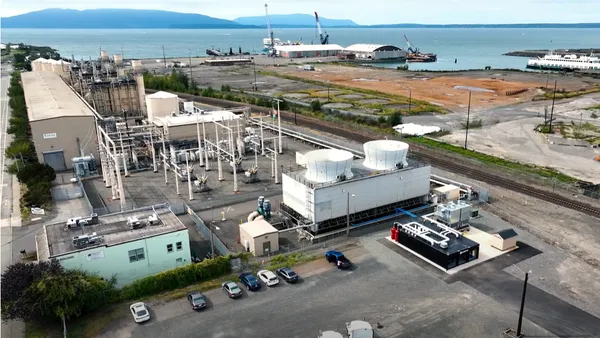Dive Brief:
- Sidewalk Labs will partner with a building and developer in Toronto on the new Clean Recycling Pilot, a program that will provide feedback to residents on their building’s waste sorting behavior and help them improve their recycling habits.
- Once collected, building waste will be sent to a recycling facility to be manually sorted and categorized. Non-personal data will then be aggregated, then a report on waste sorting and what can be improved will be provided to residents. Sidewalk Labs said the pilot is important as while almost half of Toronto residents live in apartments and condos, they only divert 28% of their waste.
- The three-month initiative, which also includes Canada Fibers and AMP Robotics as partners, will launch on Jan. 11. Residents of the building, which is not being named publicly to protect their privacy, can opt out.
Dive Insight:
In announcing this latest initiative, Sidewalk Labs said the better sorting of household waste will be critical in helping Toronto hit its ambitious emissions-reduction goals. The city has already made "tremendous strides" in cutting emissions 65% by 2030, Sidewalk Labs said. This could help further, especially as Toronto is aiming to divert 70% of its recyclable and organic material from landfills by 2026.
A Sidewalk Labs spokesman told Smart Cities Dive that the pilot comes as recycling still seems to "mystify people everywhere." And there is certainly some uncertainty swirling in the recycling industry, including around program structure and public education. Following a decline in the value of many recyclable commodities, material quality has become even more important. Some cities have canceled their curbside recycling programs although numbers that have circulated in some sections of the media appear to have been inflated.
The data-collection aspect of this may give some pause, given Sidewalk Labs' checkered history so far and the criticism it has come under. But late last year there was progress as the Alphabet-backed company reached a preliminary agreement with Waterfront Toronto to advance the development plan at Quayside, then followed that up with a pledge not to sell users' data and ensure every use of technology would be for a "beneficial purpose."
It is also notable that Sidewalk Labs will pay for the AMP technology. Such investments are quite expensive, so demonstrates a commitment to helping hit climate goals and improve people's lives.











